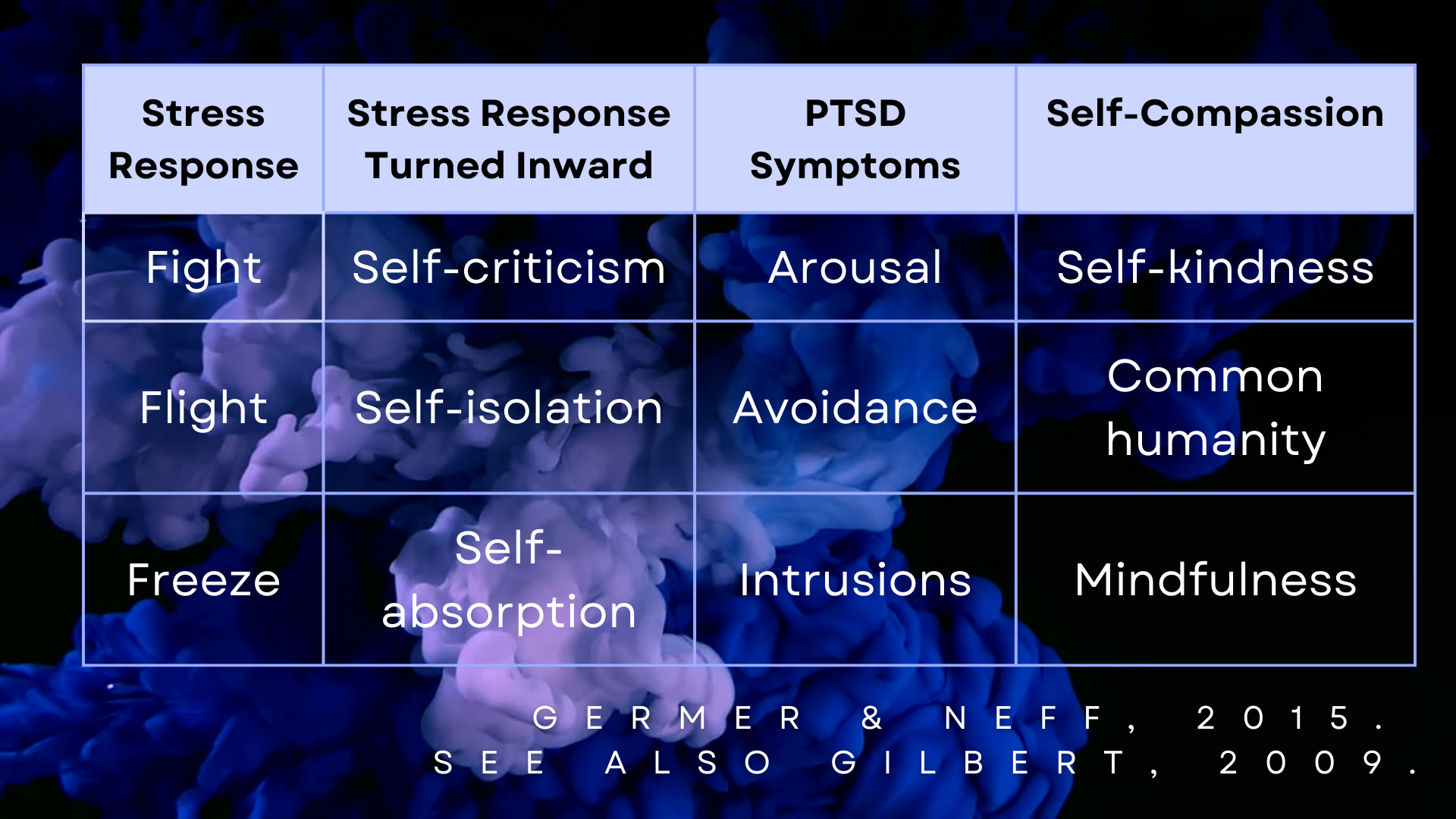Healing Shame After Narcissistic Abuse
“Shame is the incredibly painful experience of believing we are flawed and therefore unworthy of love and belonging.”
VIDEO TRANSCRIPT
In the context of narcissistic abuse, the idea of shame can be a bit confusing. As we are being abandoned, rejected and ruthlessly attacked by someone we love, we look back over the relationship and think, “I’m sorry I sent that angry text message and I regret getting drunk that Christmas Day with my brothers, but aside from that, I have nothing to feel this ashamed about”.
Why is this person who claims to love me, shaming me to anyone who will listen? The answer to that question is this: narcissists use shaming others as a way to gain power and control.
“I was kind, generous, patient, forgiving, and even-tempered. I gave them money. I supported them financially. I was accountable, compromising, accommodating, self-sacrificing, built up their ego, nursed them when they were sick, rescued them from bad situations they got us into, laughed alongside them, made them feel like a Sex God in bed, rarely argued. And the list goes on. ….”
“Why am I feeling such deep and terrible pain when I have so little in reality to be ashamed of?”
All these things are called ‘gifts of love’. Proximity with an intimate other who consistently fails to reciprocate gifts of love can induce deep shame. Because our minds will reinforce our unconscious bias that we are essentially unlovable. This is often an internalised message we took on board as a child. It shows up again and again in the children of narcissists.
Over time, and with intermittent reinforcement or breadcrumbing we can come to be satisfied with the tiny crumbs of ‘love’ that the narcissist dishes out, because it is better than no love at all! And maybe we learnt to make do with a lack of parental love , guidance and support as a child.
The narcissist, of course, is SHAMELESS. They have no empathy AND no shame.* (I’ll clarify the current psychology around this a bit later)
We try to find reason for shame by confusing it with GUILT.
Guilt is the admission that we have done a bad thing.
Shame is the deep-rooted belief that we are a bad person (because we did a bad thing).
This “I’m not good enough” story has roots in our childhood conditioning. Some people think of it as low self-esteem, but it’s deeper even than that. Narcissists use our own internal shame to hurt and control us by learning early on where our shame lies and serving it up to us in order to win an argument, get their own way or gain control.
They will also project their own disowned shame onto us, resulting in the Reverse Attribution that commonly shows up in smear campaigns and post-separation legal abuse. This Reverse Attribution is sometimes called “narcissistic projection”. This projected shaming can include:
· Fat-shaming or body-image shaming
· Substance use shaming
· Mental health shaming
· Parenting-style shaming
· Career shaming
· Caretaker/homemaker shaming
Narcissists will shame us as an act of overt cruelty, gaining gratification from the sense of personal power that gives them.
The inevitable discard reinforces our deep shame that we are essentially unlovable, fundamentally flawed and belong nowhere – even if our rational mind can tell us that this idea is absolutely crazy.
The very act of abandonment sets off our human survival instinct and between the rage of fight, the terror of flight, or the helplessness of freeze there lies a newly-ripened ocean of shame.
This ocean of shame is the result of turning all this projected shame inwards, taking it on board, internalising it instead of attributing it where it really belongs – with the narcissistic abuser.
Of course, we are loveable! It is our finer human qualities that attracted the narcissist or psychopath in the first place! It’s our competence and virtue that create the deep envy in the narcissist – the factor that drives their one-upmanship and shaming of us!
Self-compassion is a powerful transformational tool for healing shame.
Learning self-compassion in adulthood is about learning to treat ourselves with the same kindness and understanding as we would treat a dear friend when things go wrong. (Germer, Webinar, 2022)
How does self-compassion work for trauma?
The Co-relation between 3 defence responses and the 3 elements of Mindful Self Compassion
Science also tells us that it takes about 8 weeks to transform old habits into new ones – to carve out new neural pathways.
Training in Mindful Self Compassion gives us powerful new tools - short daily mindfulness practices – that can change the mental habits of a life time with persistence and repetition.
*(Some academic literature claims that narcissism develops in childhood due to a child’s refusal to experience the pain of shame. This results in a personality strategy that precludes the ability to experience guilt or shame. In other words – a false persona.)
© Nicki Paull

